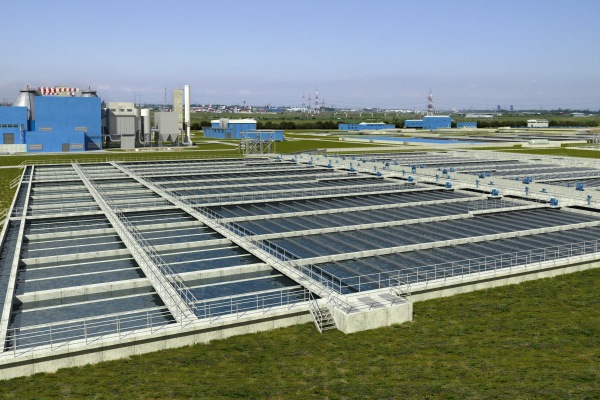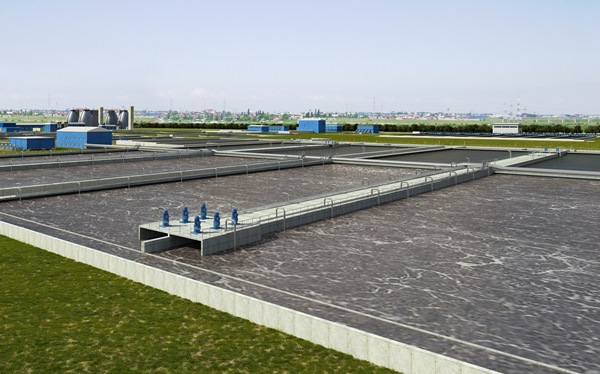
Aqualia will modernise and enlarge the Glina wastewater treatment plant in Bucharest (Romania)
The Romanian capital has awarded the works to a consortium of Aqualia, FCC Construcción and Suez
The project, which includes the building of a plant to re-use the sludge produced in the treatment, has a total value of €113 million
This is the largest public sector water contract awarded in Europe this year and will be the fourth treatment plant built by Aqualia in Romania

The city of Bucharest has chosen a consortium of Aqualia, FCC Construcción and Suez to modernise and enlarge the Glina (Bucharest, Rumania) wastewater treatment plant (WWTP) for a total value of €113 million. The plant, which will serve 2.4 million inhabitants, represents the largest public sector water contract awarded in Europe this year. Financed by European cohesion funds, the project is scheduled for commissioning at the end of 2019.
The enlargement and improvement of the WWTP represents a significant technical challenge because it will be carried out while the current installations continue to operate. The work includes reforming the biological reaction lines, adapting 48 secondary clarifiers, building 24 new ones and the reconversion of the sludge line.
Suez will build a plant for the re-use of the sludge from the WWTP with a treatment capacity of 173 tonnes of dry material daily. This plant will significantly reduce the total volume of sludge produced in the WWTP, using incineration technology and a process for recovering the energy generated as part of the electricity consumed in the process.
Undertaking projects in Europe
As well as holding a leading position in the domestic market, Aqualia is currently working on various projects across the full water cycle in European countries such as Italy, Poland, Portugal and Romania, where it built the WWTPs in Agnita, Dumbraveni and Zimnicea. These projects are helping the country to reach the environmental objectives set by the Framework Water Directive and to approach the Sustainable Development Goals set by the United Nations for 2030.





